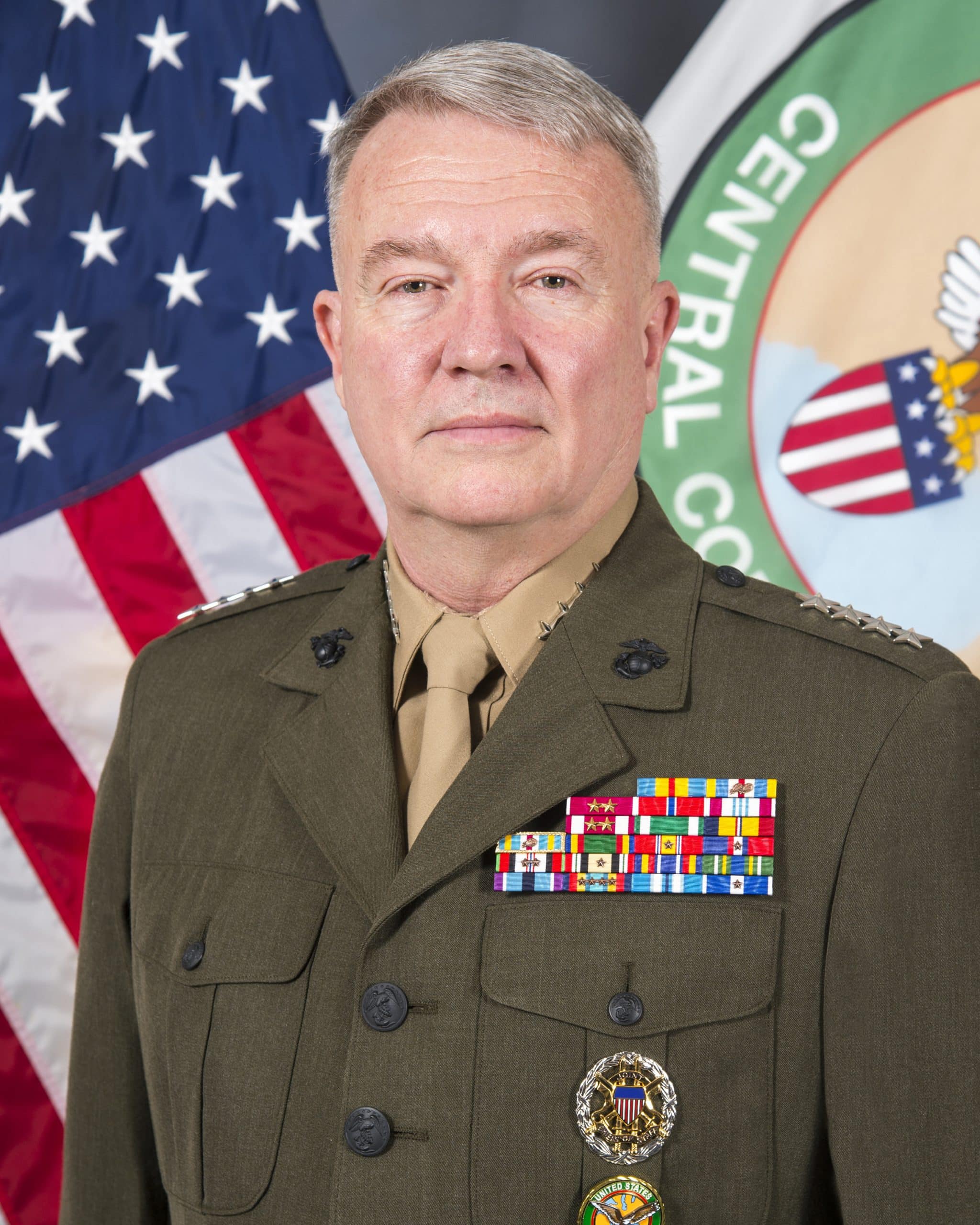Months after The New York Times reported that Russia secretly offered bounties to the Taliban to kill US troops in Afghanistan, a top US commander says a detailed review of all available intelligence found no corroboration of the story.
Gen. Frank McKenzie, commander of U.S. CENTCOM, spoke with NBC News about the matter. “It just has not been proved to a level of certainty that satisfies me,” McKenzie said. “We continue to look for that evidence. I just haven’t seen it yet.”
An unnamed military intelligence official also told NBC News that after reviewing the intelligence of attacks on U.S. forces in Afghanistan over the past several years, none had been linked to any Russian bounty payments.
McKenzie’s comments reflect statements made by other top military officials shortly after the Times story broke. Secretary of Defense Mark Esper took the position that the Pentagon did not have “corroborating evidence” to support the Times report back in June.
In a hearing in front of the House Armed Services Committee in July, Esper said all the defense intelligence agencies have been “unable to corroborate this report.” In that same hearing, Chairman of the Joint Chiefs of Staff Gen. Mark Milley took the same position. Both Milley and McKenzie vowed to keep investigating the intelligence, and now, two months later, there is still no evidence to back up the claims.
Other intelligence agencies have strongly dissented from the claim that Russia was paying bounties to the Taliban, most notably the National Security Agency (NSA). The National Intelligence Council produced a memo in July that showed the NSA only gave “low” confidence to the Russian bounty intelligence.
Intelligence agencies use confidence levels to reflect the scope and quality of the intelligence they are assessing. There are three confidence levels, “high,” “moderate,” and “low.” The same memo that said the NSA gave the bounty intelligence “low” confidence also revealed the CIA gave it “moderate” confidence, which still leaves plenty of room for doubt.
Dave DeCamp is the assistant news editor of Antiwar.com. Follow him on Twitter @decampdave. This article was originally featured at Antiwar.com and is republished with permission.

































